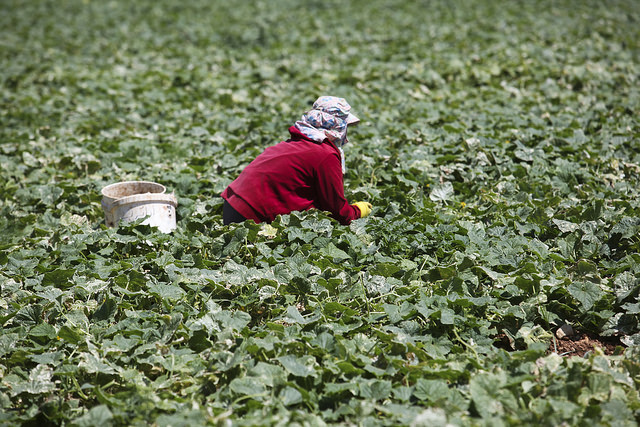
Climate change impacts on Palestinian women
The Palestinian Territories, especially the Gaza Strip, are highly vulnerable to climate change due to threats posed by increasing water stress, falling agricultural productivity, greater probability of flashfloods and saline intrusion into groundwater.
Women in Palestine will have to bear greater impact of climate change because of their traditional, gender-prescribed roles as they are highly dependent on local natural resources for their livelihoods (e.g., food, fuel and water) and so on. Therefore, it is important to identify gender-sensitive strategies to enable Palestinian women to respond to environmental and humanitarian crises caused by climate change.
Environmental awareness is regarded as one of the best ways to alleviate the effects of such risks. Climate change is not only a scientific issue, but it is also viewed as a moral obligation in order to work to combat it from all women and society members. Environmental awareness programs have been promoted and provided by many institutions that focus mainly on the environmental issues here in Gaza. In that regard and as an example of such programs, Natuf Organization for Environment and Community Development and Arab Youth Climate Movement (AYCM) – Palestine, held a series of workshops entitled “The role of rural women in addressing the climate change issue in the Palestinian territories” for the first time on May, 2015.
One of these workshops was conducted in cooperation with Zero Waste MENA and took place at Nidaa’ Palestine Society in Jabaliya with a generous funding from the Global Green Grants Fund GGF.
Read the full article by Baraa Hashem via Cleantech Solutions.







